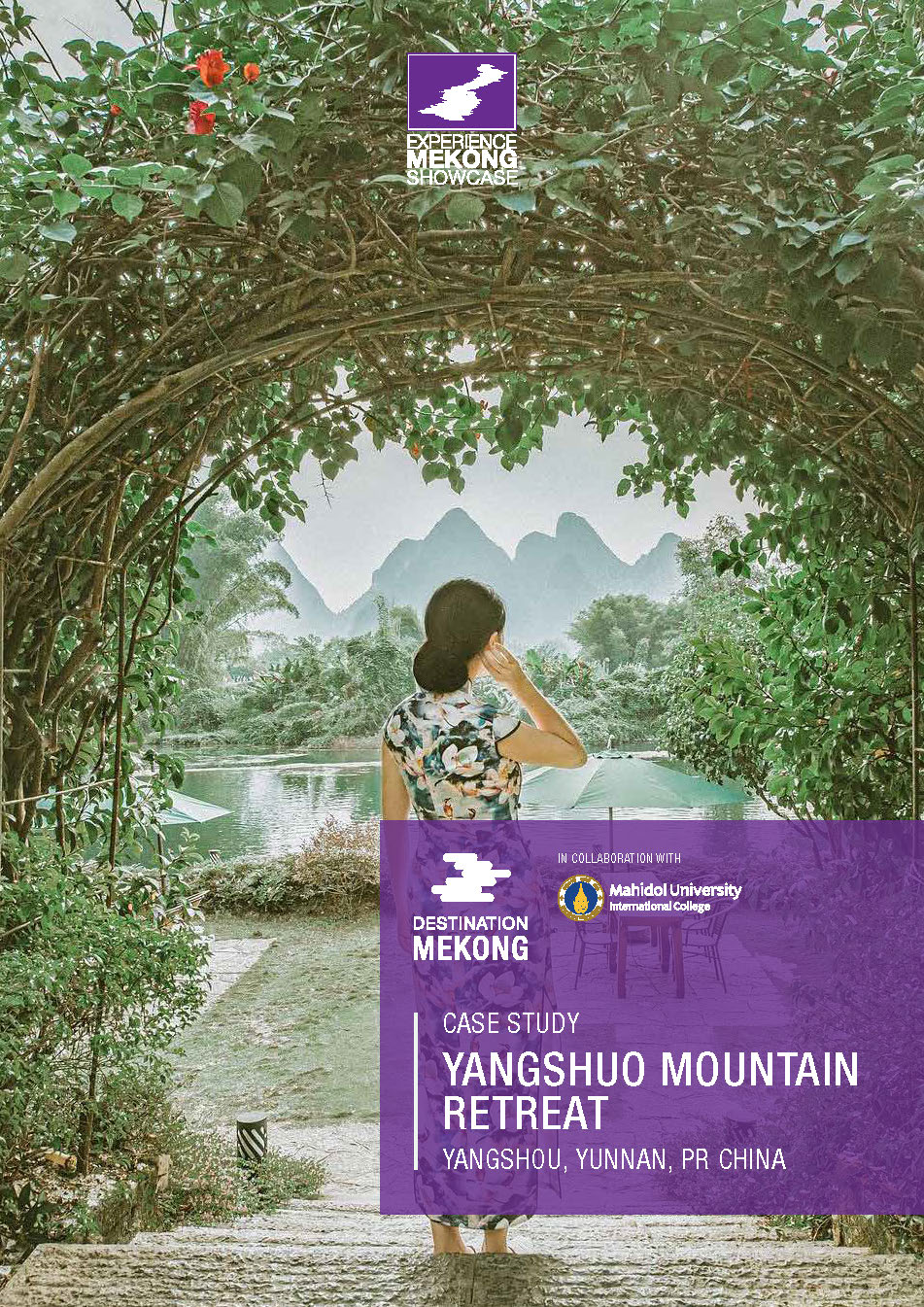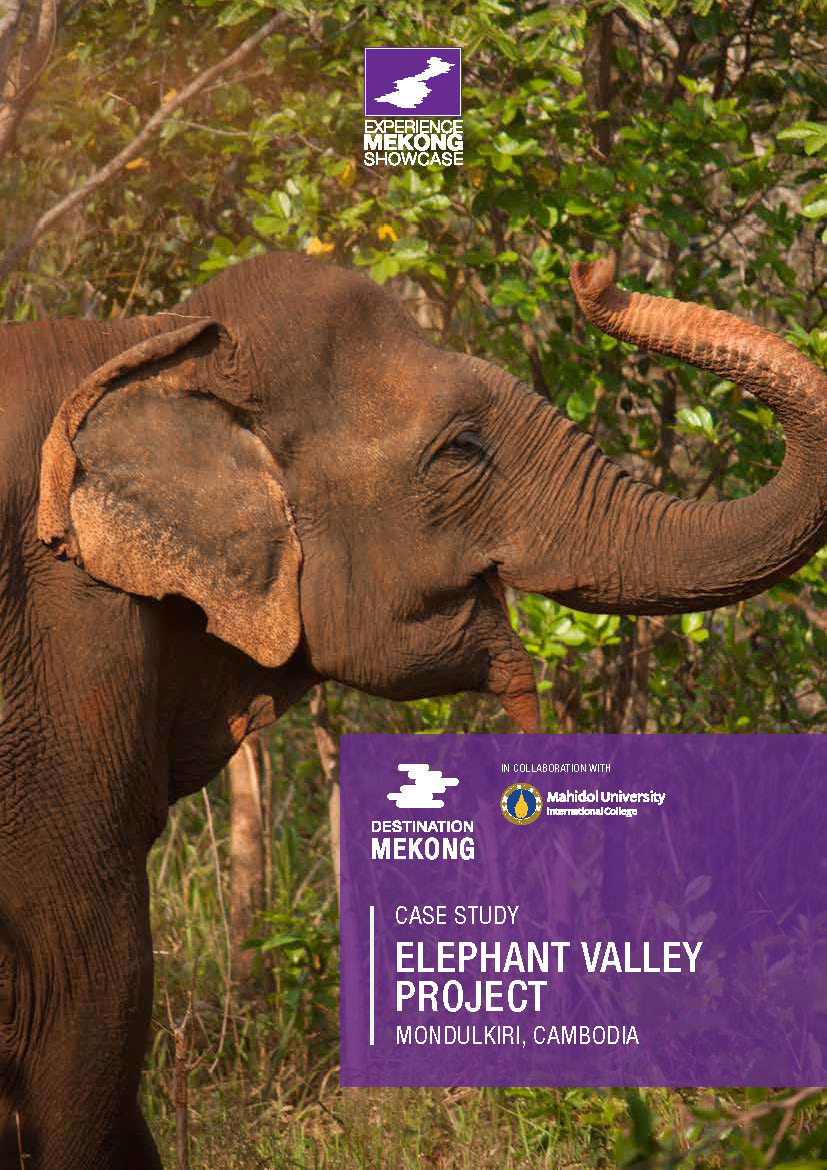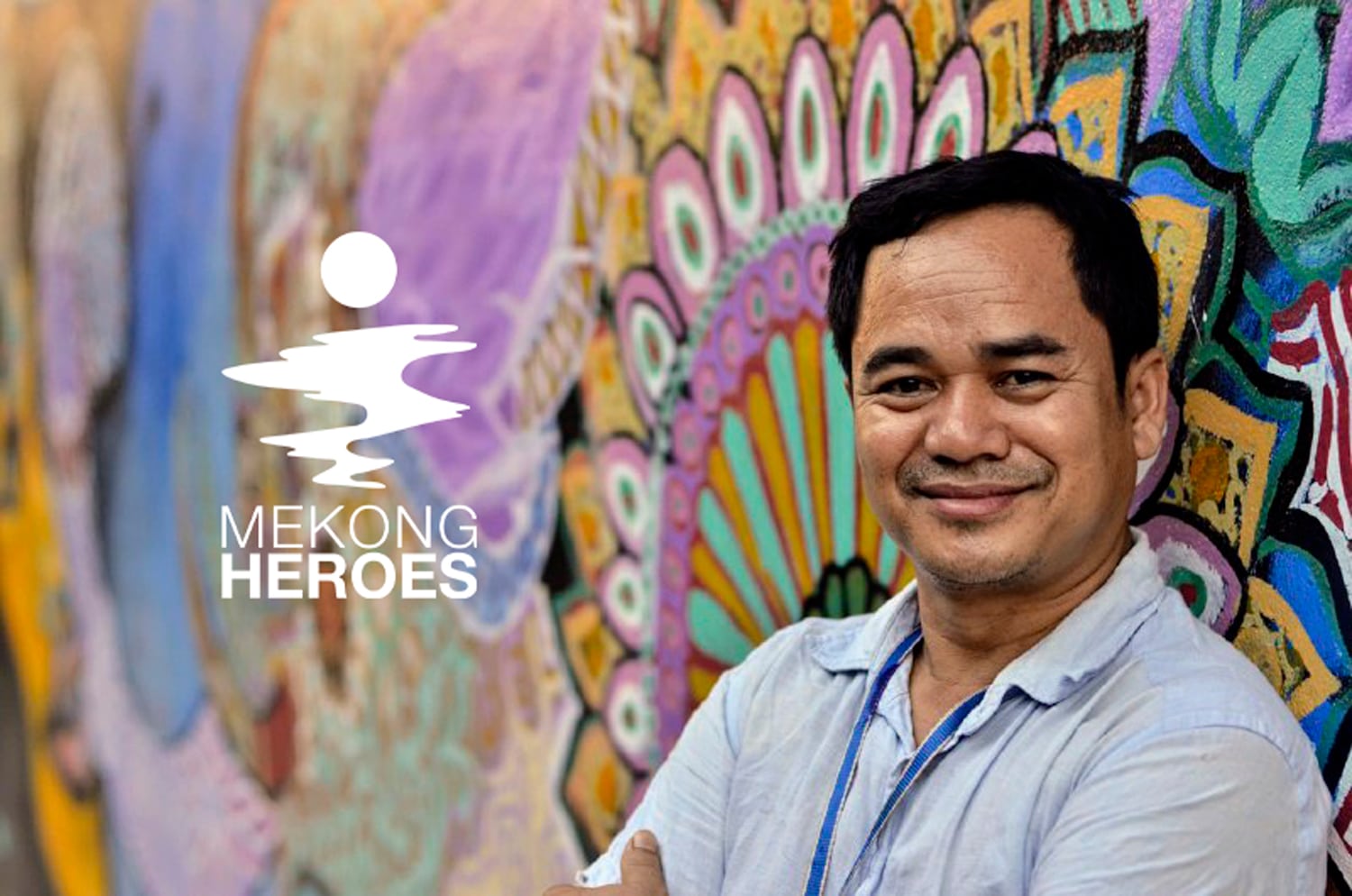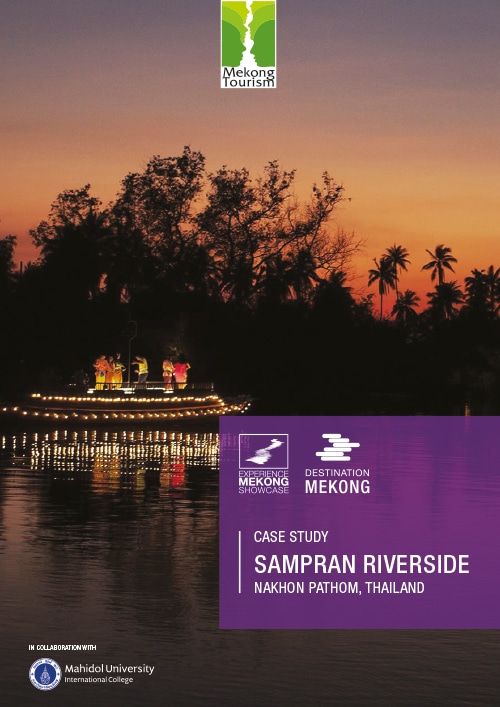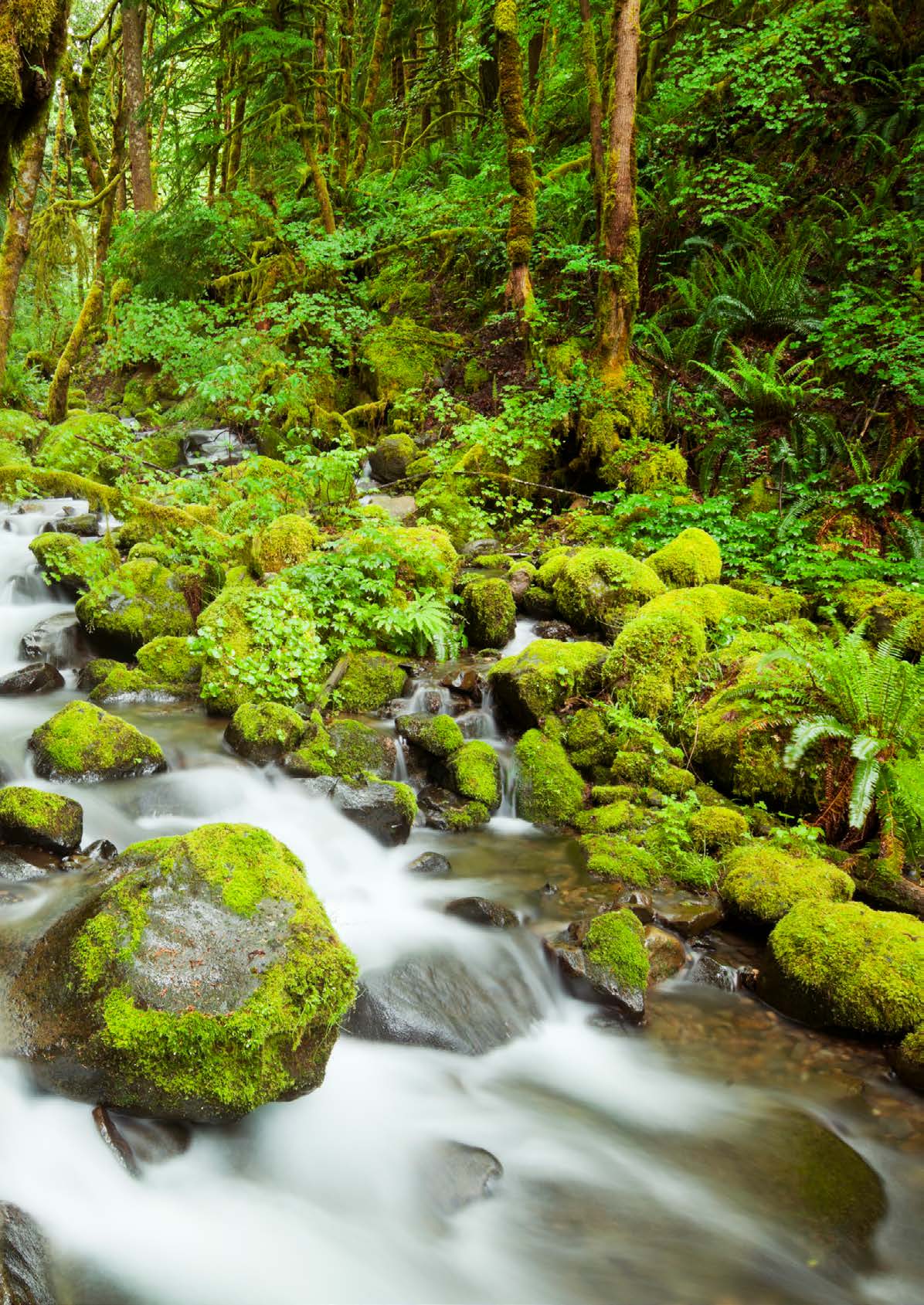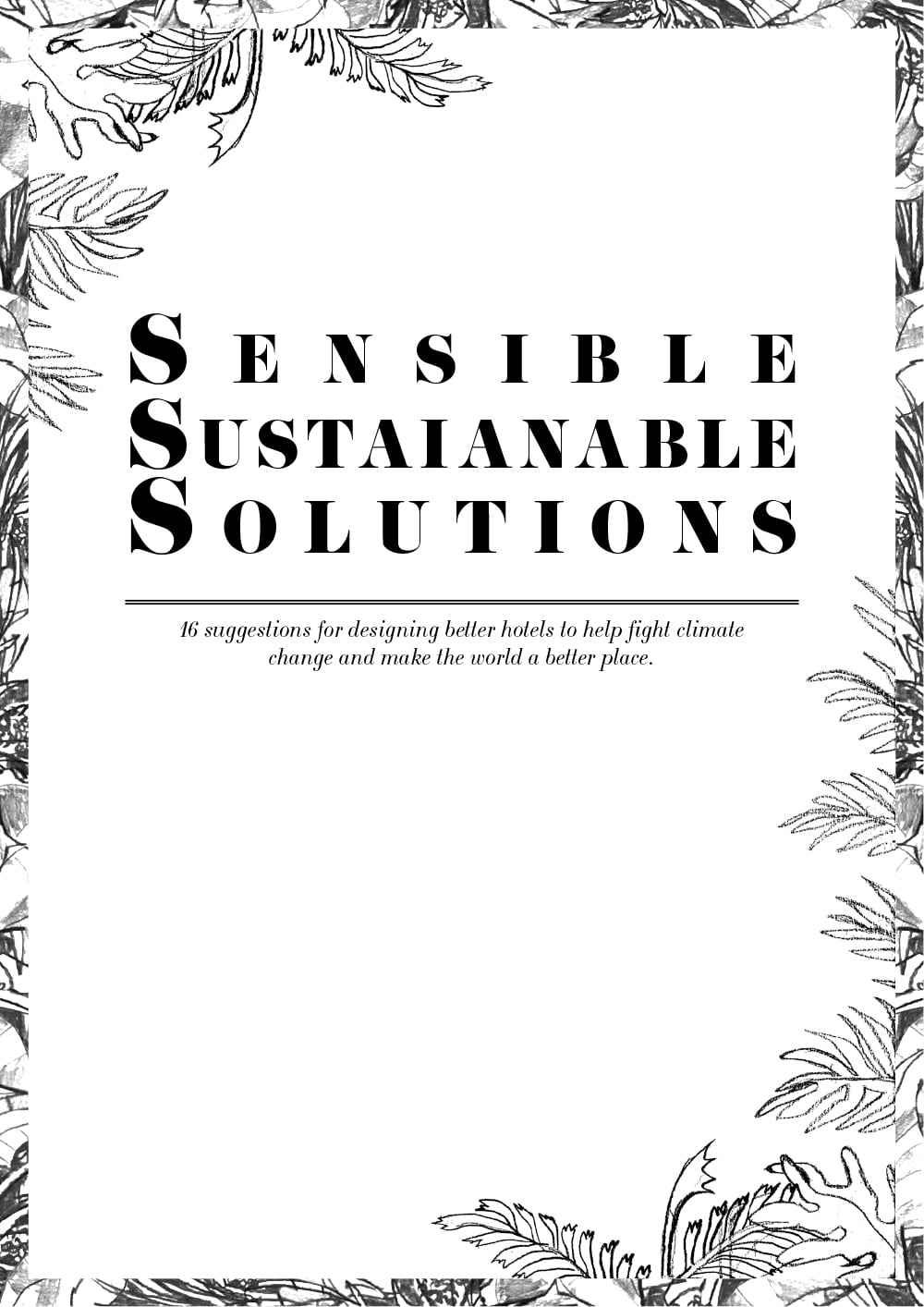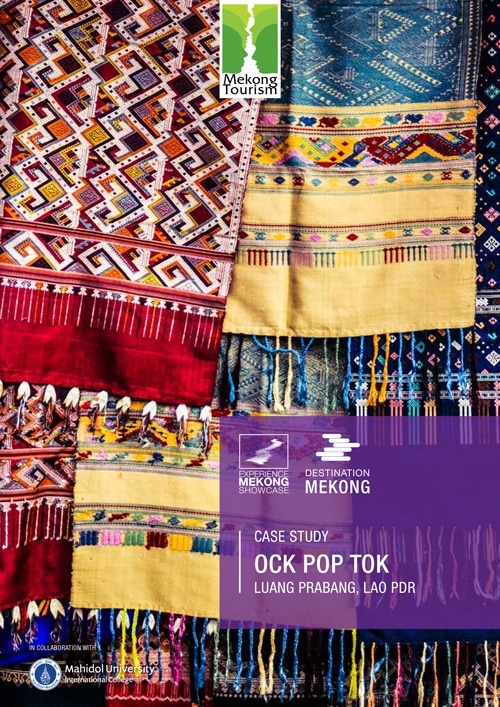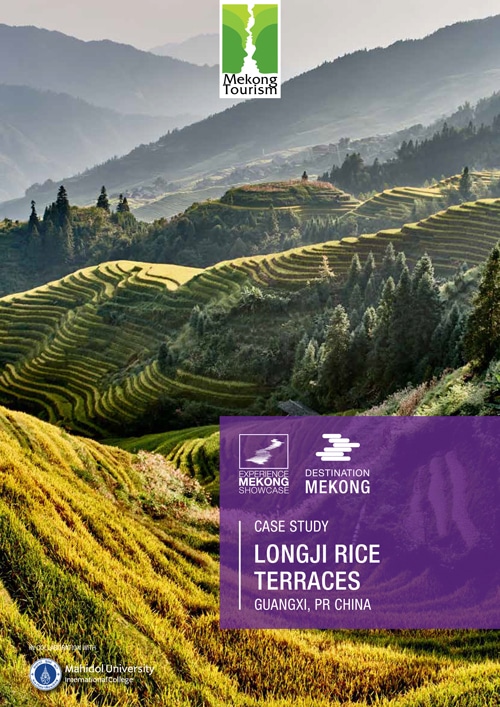Yangshuo Mountain Retreat (YMR) has been widely recognised by a number of international travel magazines as one of the ‘must visit’ hotels on earth. Situated on the banks of the Yulong River in Yangshuo county, near Guilin city of China, the lodge develops a strong business model that focusses on sustainable tourism, cultural conservation and community development. Through the beauty of surroundings, the place offers high quality of customer services, and sustainable business practices that have a positive impact to environments and local communities.
Continue readingElephant Valley Project
The Elephant Valley Project (EVP), the original elephant sanctuary in Cambodia, is dedicated to rescuing captive elephants and supporting conservation work protecting wild elephants. Visitors get an opportunity to observe elephants in their natural habitat and learn more about the conservation in the local area.
Continue readingSecond Mekong Hero Celebrated at 2021 Destination Mekong Summit
During its second Summit on 21-22 October, Destination Mekong proudly honored late Srey Bandaul, co-founder of Phare Ponleu Selpak in Cambodia, as its second Mekong Hero.
Continue readingSee Your New Normal: A How-To Guide to Excelling in Your Post-COVID Future Using Scenario Planning
When you formulate a strategy for your organization, it’s not really crafted so you’ll be successful today, but mainly successful in the future. Logically, then, to map out an effective strategy today, it’s tomorrow’s landscape you need to visualize. But how do you know how your business landscape is going to look tomorrow?
Continue readingSampran Riverside
Located on a 70-acre plot along the Tha Chin River,
Sampran Riverside (formerly known as the Rose Garden)
is a family-run eco cultural destination; now famous for its
wide range of sustainable initiatives and its sustainable
business model.
One Planet Vision for a Responsible Recovery of the Tourism Sector
The One Planet Vision for a Responsible Recovery of the Tourism Sector builds on the UNWTO Global Guidelines to Restart Tourism released by the Global Tourism Crisis Committee on 28 May 2020 with the objective to support tourism to emerge stronger and more sustainable from the COVID-19 crisis. The vision is shared by the members of the One Planet Sustainable Tourism Programme
and partner organizations.
Tools and Resources for Nature-Based Tourism
Luxury is DEAD. There is no point in designing lavish hotels just to put heads on beds – every hospitality project should have a purpose and a candle to light. We in hospitality – designers, owners or operators – have the superpower of reaching thousands of people. We should shoulder more responsibility concerning issues like education, clean accessible water, alternative energy, energy consumption, food waste, wildlife protection, and conservation. The big hotel companies are part of nature and society too, not just economy. Here are some ideas of how to do something real…
Continue readingSensible Sustainable Solutions
Luxury is DEAD. There is no point in designing lavish hotels just to put heads on beds – every hospitality project should have a purpose and a candle to light. We in hospitality – designers, owners or operators – have the superpower of reaching thousands of people. We should shoulder more responsibility concerning issues like education, clean accessible water, alternative energy, energy consumption, food waste, wildlife protection, and conservation. The big hotel companies are part of nature and society too, not just economy. Here are some ideas of how to do something real…
Continue readingCase Study Ock Pop Tok
The Longji rice terraces have a long history since the beginning of the construction during the Yuan Dynasty (1271-1368) and it was completed in the early Qing Dynasty (1644-1911), with a constructing history of over 800 years. The fascinating rice terraces cover 66 square kilometres of the Longsheng county’s mountain, with the altitude from 300 meters to 1100 metres (Travel China Guide, n.d.). Longji rice terraces have been listed as one of the Globally Important Agricultural Heritage Systems (GIAHS).
Continue readingCase Study Longji Rice Terraces
The Longji rice terraces have a long history since the beginning of the construction during the Yuan Dynasty (1271-1368) and it was completed in the early Qing Dynasty (1644-1911), with a constructing history of over 800 years. The fascinating rice terraces cover 66 square kilometres of the Longsheng county’s mountain, with the altitude from 300 meters to 1100 metres (Travel China Guide, n.d.). Longji rice terraces have been listed as one of the Globally Important Agricultural Heritage Systems (GIAHS).
Continue reading
